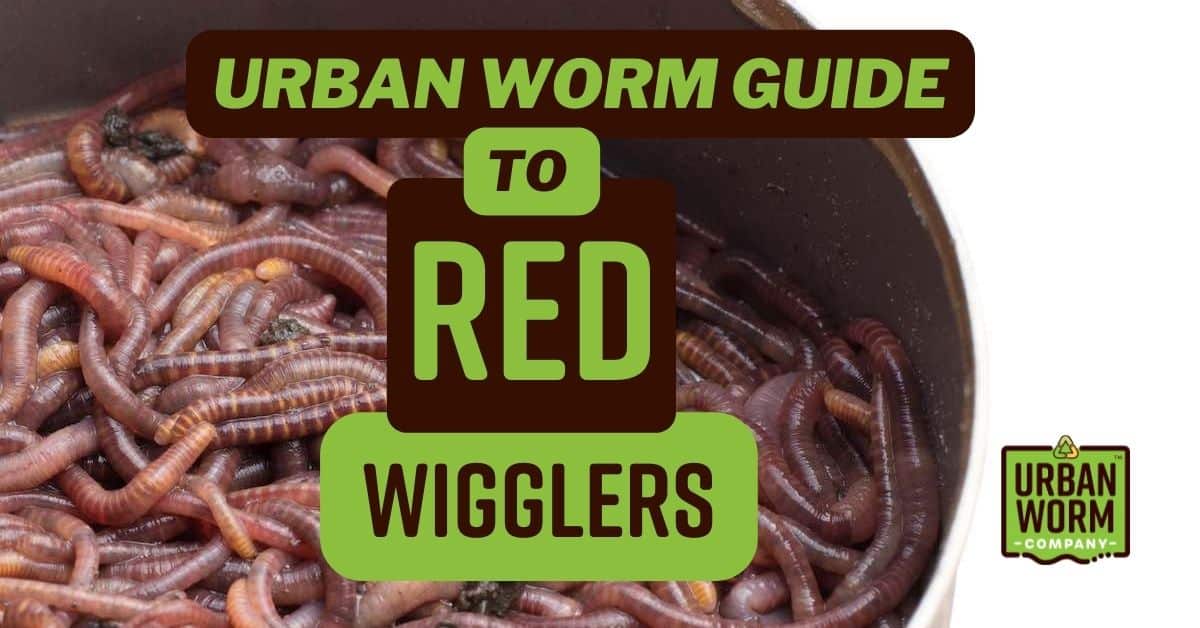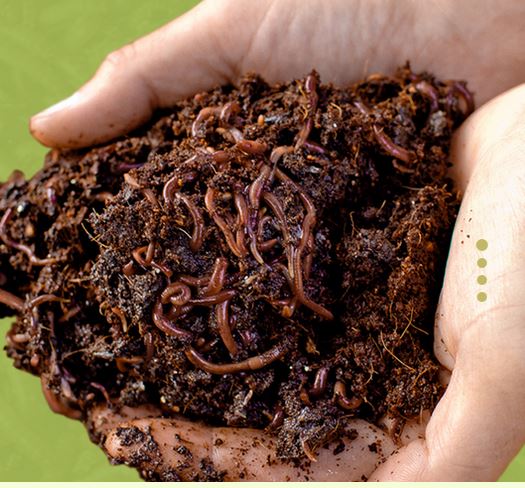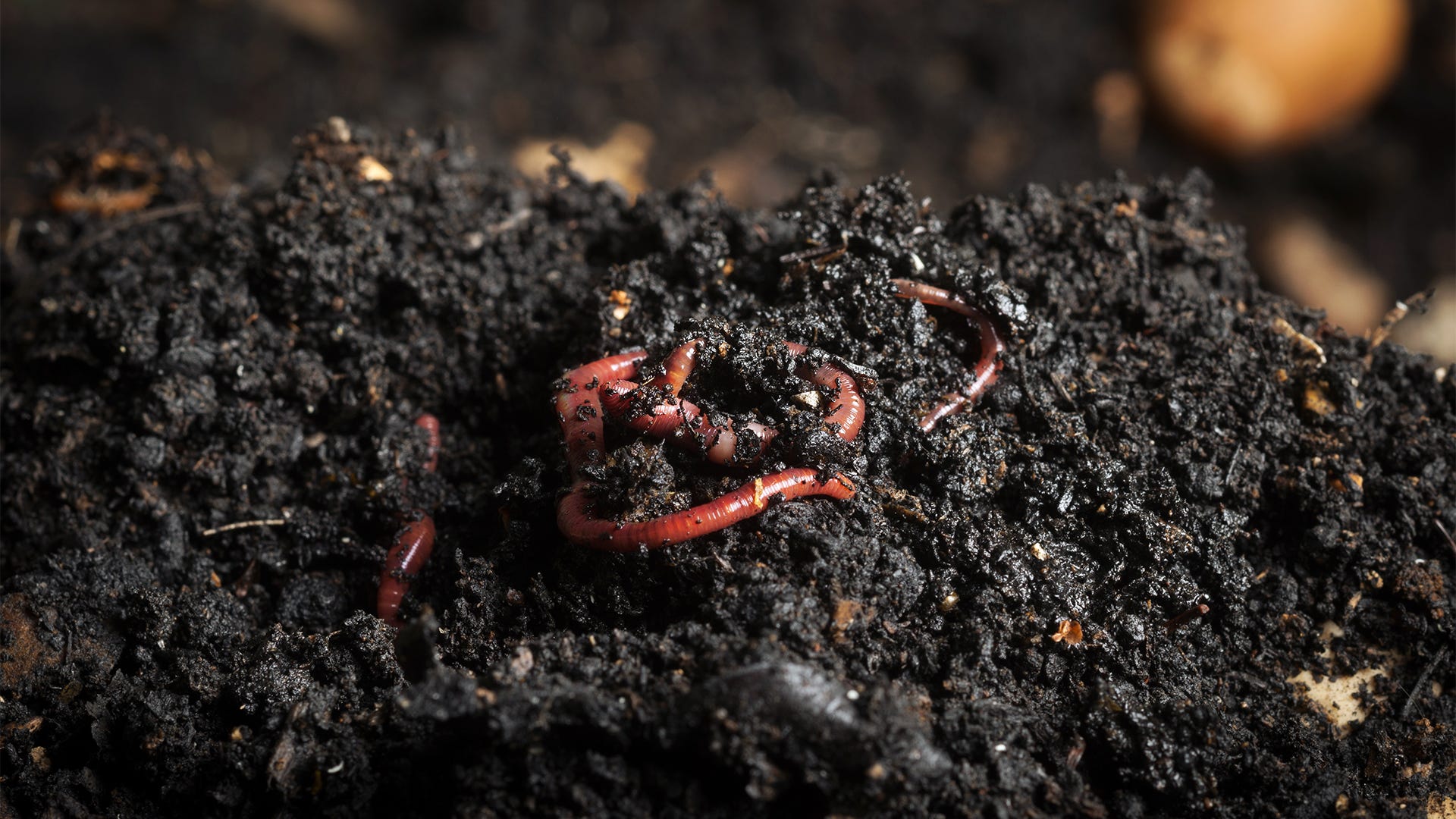Red Wiggler Worms Demystified: Unlocking the Keys of Vermiculture for Greener Living and Nutrient-Rich Dirt
In the world of lasting methods for enriching soil high quality and advertising eco-conscious living, red wiggler worms play a pivotal yet often neglected role. Red Wiggler Worms. Recognizing the complexities of caring for these worms, optimizing their setting, and using their spreadings can lead to a greener lifestyle and healthier soil for plants to grow.
The Function of Red Wiggler Worms
Red Wiggler worms play an important role in composting systems by successfully breaking down raw material right into nutrient-rich castings. These starved eaters eat a variety of natural materials, such as kitchen area scraps, yard waste, and paper products. As they feed, the worms' digestive system processes break down the raw material right into a fine, dark, and nutrient-dense material referred to as worm spreadings or vermicompost.
The castings produced by Red Wiggler worms are extremely useful for soil health and plant development. They are abundant in essential nutrients like phosphorus, nitrogen, and potassium, which are vital for sustaining healthy and balanced plant advancement. In addition, worm castings include helpful microbes and enzymes that aid boost soil framework, rise water retention, and boost nutrient uptake by plants.
Benefits of Vermicomposting

It boosts soil framework, boosts soil aeration, and increases dirt dampness retention. Vermicompost additionally enhances the soil with vital nutrients like nitrogen, potassium, and phosphorus, promoting plant development and total soil fertility.
Furthermore, vermicomposting supports lasting gardening practices by supplying a all-natural and chemical-free alternative to artificial plant foods. Red Wiggler Worms. This environmentally friendly approach not only enriches the soil yet likewise helps in reducing dependence on harmful chemicals, advertising a greener and much more sustainable means of gardening
Establishing a Worm Container
When establishing a worm bin for vermicomposting, proper configuration is essential to ensure the success of the composting procedure. The initial step in setting up a worm container is picking an appropriate container. This can be a plastic container or wood box that provides sufficient space for the worms to move around and has correct water drainage holes to stop waterlogging. Next off, a bed linen material such as shredded newspaper, cardboard, or coconut coir must be added to the bin. This bed linens gives a comfy setting for the worms and assists maintain wetness levels.
After including the bed linens, present the red wiggler worms to the container. It is suggested to start with a little number of worms and progressively boost as they multiply. The worms ought to after that be provided with food scraps such as vegetables and fruit peels, coffee premises, and eggshells. It is important to stay clear of adding meat, dairy, oily, or salted foods to avoid attracting parasites and producing unpleasant smells.
Routinely monitor the dampness levels and temperature level in the worm bin to ensure optimum conditions for the worms. With correct configuration and upkeep, the worm bin will properly convert natural waste into nutrient-rich garden compost for your plants and garden.
Collecting Worm Castings
To efficiently gather nutrient-rich worm spreadings from your vermicomposting system, a methodical harvesting approach is vital. When it comes time to harvest the worm spreadings, there are a few vital actions to comply with to guarantee an effective process.

Troubleshooting Common Issues
Recognizing and addressing common obstacles that might develop throughout the vermicomposting process is vital for preserving a healthy and balanced and efficient worm bin. One typical issue that vermicomposters encounter is overfeeding. Including excess food scraps can cause a buildup of dampness and click here now acidity in the worm container, potentially harming the worms. To stop this, feed the worms in small amounts, making sure that the food scraps are appropriately damaged down prior to including much more. Another concern is undesirable odors rising from the worm container. Foul smells suggest anaerobic conditions, typically triggered by overwatering or insufficient ventilation. To treat this, change the wetness levels by including dry bedding products like shredded newspaper or cardboard and rise aeration by turning the bed linens regularly.
Additionally, if the worm populace is declining or the worms appear harmful, it could be as a result of environmental stress factors such as extreme temperatures or pH degrees. Keeping track of these variables and making necessary changes is vital for the health of the worms. By troubleshooting these typical concerns promptly, vermicomposters can make sure a effective and smooth vermicomposting procedure while maintaining a prospering worm populace.

Final Thought
In conclusion, red wiggler worms play a vital function in vermiculture by breaking down organic issue right into nutrient-rich soil. Establishing up a worm container is necessary for successful vermiculture, and harvesting worm spreadings supplies important garden compost for horticulture.
As they feed, the worms' gastrointestinal processes break down the natural matter into a penalty, dark, and nutrient-dense material recognized as worm castings or vermicompost.
The castings generated by Red imp source Wiggler worms are extremely beneficial for dirt health and plant development. Adding excess food scraps can lead to a buildup of moisture and level of acidity in the worm bin, potentially harming the worms.Furthermore, if the worm population is decreasing or the worms show up unhealthy, it can be due to ecological stressors such as extreme temperatures or pH levels. Establishing up a worm container is essential for effective vermiculture, and gathering worm spreadings offers beneficial compost for gardening.